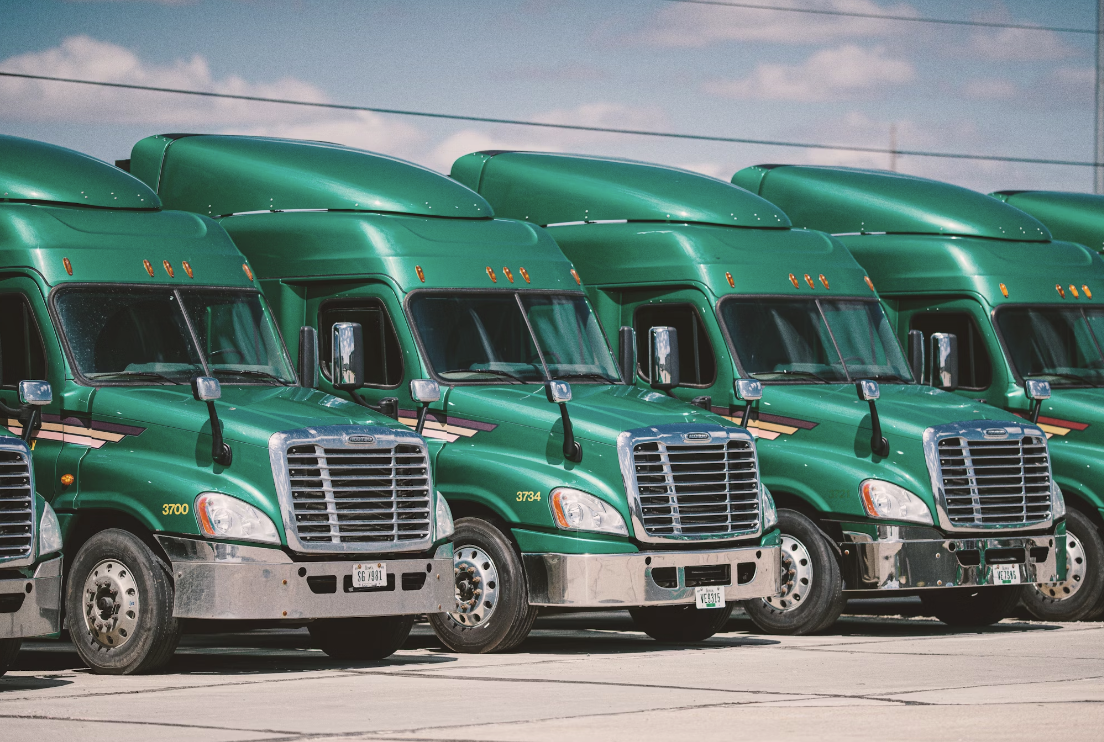
The trucking industry moves the majority of America’s overland freight, a task valued at a staggering $2,656.87 billion in 2023. Considering the sheer volume of the cargo transported across the nation’s roads on a daily basis, it is no surprise this figure is projected to grow to $3,755.92 billion by 2032.
These huge numbers highlight the growing demand for truck services as well as the lucrative prospects for those eyeing this sector. In this article, we will take a closer look at the steps aspiring trucking entrepreneurs should take to help them get their business on the road.
Develop a Business Plan
A business plan can help give clarity and direction to a new trucking business, giving business owners a blueprint for achieving their goals. It also serves as an important document for securing funding and gaining investor approval.
By considering matters like target market, competitive analysis, marketing strategies, and financial projections, a fledgling trucking business can begin developing the key areas of its business and ensure it remains on track.
Study the Market
To be profitable in this industry, it is advisable to start where the competition is low. Competing in areas where established trucking businesses operate will present high barriers to entry and be more challenging for new entrants to make their mark.
A study of the market can help new businesses provide a service in areas that have less coverage helping them begin their operations with the least amount of competition. To ensure year-round custom it is best to choose an area which has consistent demand for trucking services such as manufacturing plants, distribution centers and other businesses that rely on regular supplies.
Legal Considerations
The trucking industry requires businesses to comply with certain legal matters. By researching these legal requirements, businesses can ensure they are compliant and do not incur fines or penalties which could be both financially and reputationally damaging. Some of the legal aspects to consider include the following:
Insurance: This includes matters like commercial truck insurance which provides coverage for damage or theft of vehicles and cargo insurance which covers damage or losses for any goods transported. Injured parties often use the services of legal professionals such as this Houston truck accident attorney to seek compensation for injuries sustained in a trucking accident. General liability insurance can protect businesses in the event of a personal injury claim brought against them by covering their legal costs and damages.
Permits and Licenses: In addition to requiring drivers to have a trucking license to operate vehicles, trucking businesses will also need to apply for a USDOT Number under federal regulations. If their trucks operate across multiple jurisdictions they may also require an International Registration Plan (IRP) Registration and an International Fuel Tax Agreement (IFTA) license.
Health and safety: Trucking businesses also need to adhere to certain health and safety requirements set out by the Department of Transport and the Occupational Safety and Health Administration (OSHA).
By keeping these matters in mind, individuals seeking to enter the trucking industry can do so prepared and confident in their business’ potential for growth and long-term success.